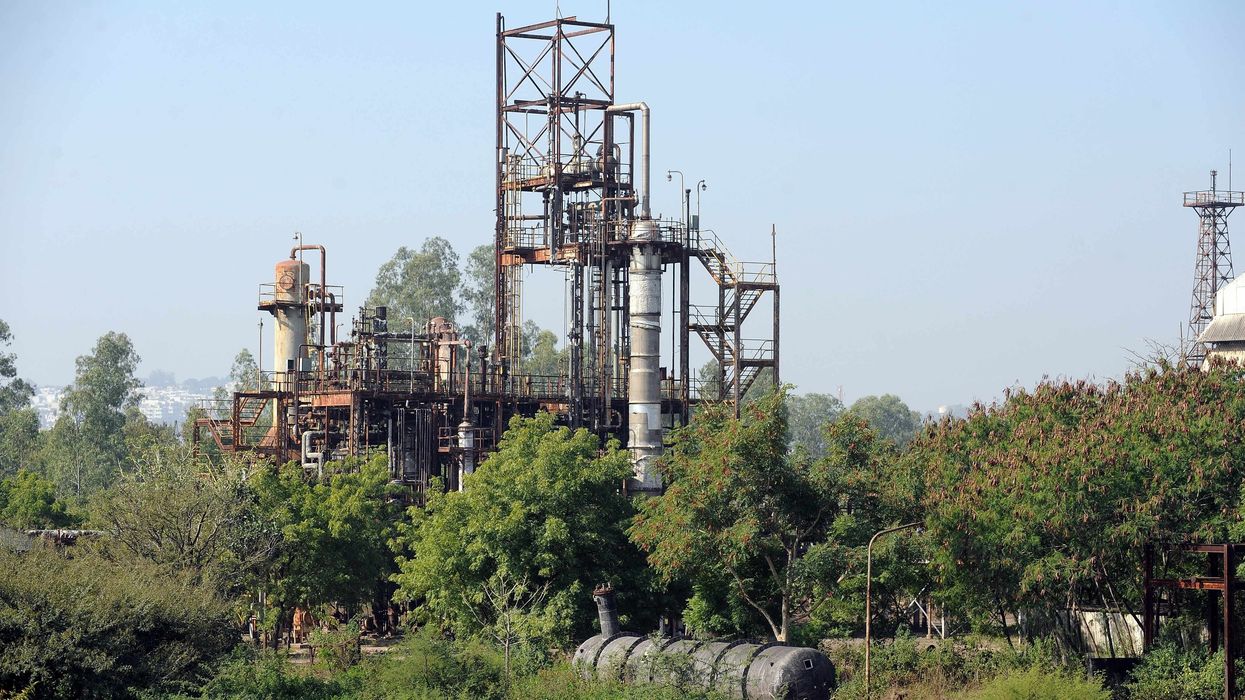INDIAN authorities have announced the completion of moving toxic waste from the site of the 1984 Bhopal gas tragedy to a disposal facility.
The disaster, which occurred nearly 40 years ago, claimed over 5,000 lives and affected more than half a million people in Bhopal, Madhya Pradesh.
In the early hours of 3 December 1984, a leak of methyl isocyanate gas from a pesticide plant owned by Union Carbide Corporation poisoned thousands.
The plant, now owned by Dow Chemical, had been a symbol of industrialisation in India, offering jobs and producing affordable pesticides for farmers.
On Thursday, 12 containers carrying 337 metric tons of toxic waste were transported to Pithampur, located about 230 km from Bhopal.
The process took place under heavy security, Swatantra Kumar Singh, the director of the Bhopal gas tragedy relief and rehabilitation department, told Reuters.
The state government stated that the incineration process would take three to nine months. A trial run conducted in 2015, involving the disposal of 10 metric tons of waste, had confirmed emissions within national standards, Singh said.
Singh assured that the disposal process is environmentally safe and will not harm the local ecosystem.
However, activist Rachna Dhingra, who has worked with survivors of the tragedy, expressed concerns over the environmental impact.
She stated that the solid waste generated after incineration would be buried in a landfill, potentially leading to water contamination.
"Why is the polluter Union Carbide and Dow Chemical not being compelled to clean up its toxic waste in Bhopal?" Dhingra asked.
The Union Carbide plant was built in 1969 and operated until the disaster struck, leaving a lasting legacy of industrial and environmental challenges.
(With inputs from Reuters)




